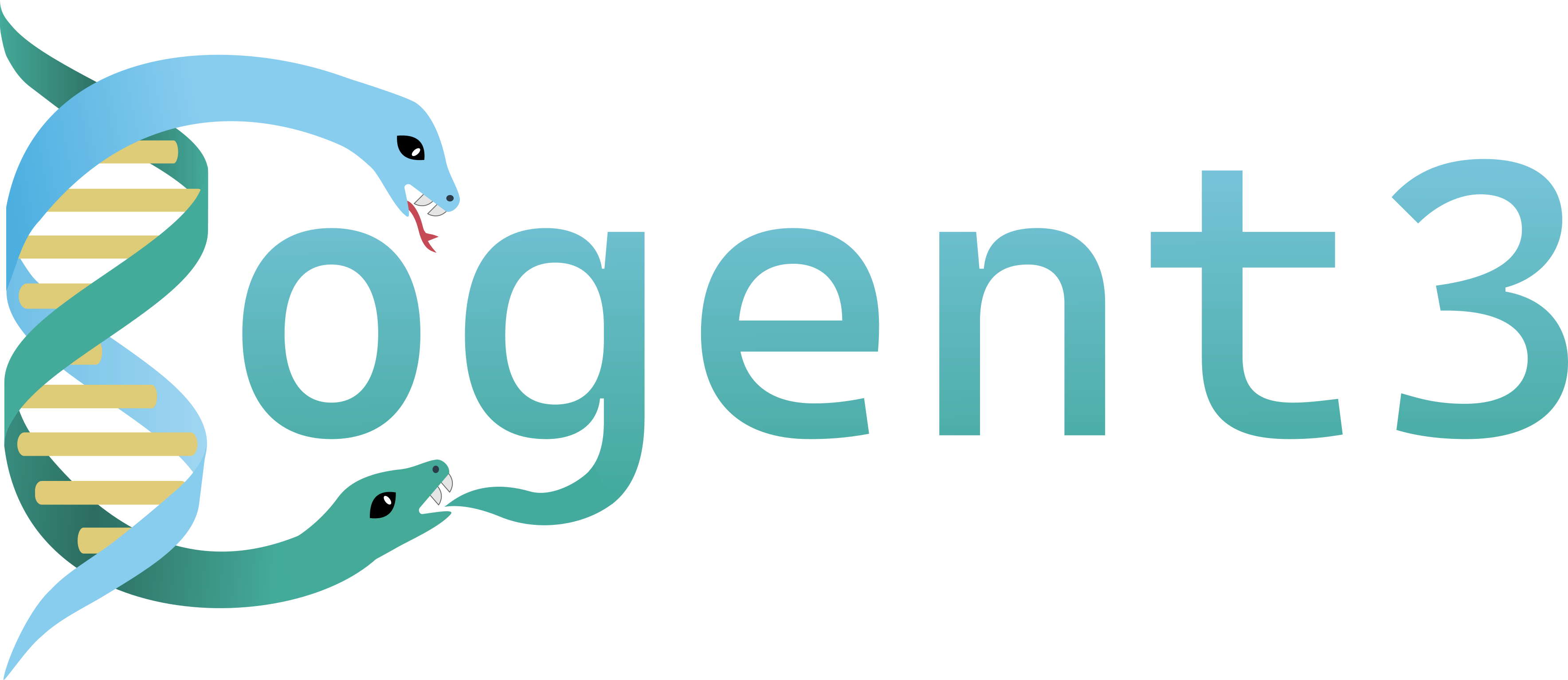Feature#
- class Feature(*, parent: TSeqOrAlign, seqid: str, map: FeatureMap, biotype: str, name: str, strand: int | str, xattr: dict[str, Any] | None = None)#
new style annotation, created on demand
- Attributes:
biotypetype of biological feature
mapcoordinate map and properties of this feature
namename of the feature
parentsequence or aligned or alignment
reversedwhether Feature is on the reverse strand relative to bound object
seqidthe sequence id of the parent sequence
xattrextra attributes for this feature
Methods
as_one_span([name])returns a feature that preserves any gaps in the underlying sequence
get_children([biotype])generator returns sub-features of self optionally matching biotype
returns sequence coordinates of this Feature as [(start1, end1), ...]
returns plotly trace
get_parent(**kwargs)generator returns parent features of self optionally matching biotype
get_slice([complete, allow_gaps, apply_name])The corresponding sequence fragment.
shadow([name])returns new instance corresponding to disjoint of self coordinates
to_dict()returns
union(features)return as a single Feature
Keeps only the parts which are actually present in the underlying sequence
remapped_to
- TSeqOrAlignOther = ~TSeqOrAlignOther#
- as_one_span(name: str | None = None) Self#
returns a feature that preserves any gaps in the underlying sequence
- Parameters:
- name
The name of the one-span feature, by default ‘one-span <self name>’
- property biotype: str#
type of biological feature
- get_children(biotype: str | None = None, **kwargs: Any) Generator[Feature[TSeqOrAlign]]#
generator returns sub-features of self optionally matching biotype
- get_coordinates() list[tuple[int, int]]#
returns sequence coordinates of this Feature as [(start1, end1), …]
- get_drawable() Shape#
returns plotly trace
- get_parent(**kwargs: Any) Generator[Feature[TSeqOrAlign]]#
generator returns parent features of self optionally matching biotype
- get_slice(complete: bool = False, allow_gaps: bool = False, apply_name: bool = True) TSeqOrAlign#
The corresponding sequence fragment.
- Parameters:
- complete
if feature not complete on parent, causes an exception to be raised. If False, gaps are removed.
- allow_gaps
if on an alignment, includes the gap positions
- apply_name
assigns self.name to the resulting seq.name
- Returns:
- a slice of self.parent
Notes
If ‘complete’ is true and the full length of this feature is not present in the sequence, then this method will fail.
- property map: FeatureMap#
coordinate map and properties of this feature
- property name: str#
name of the feature
- property parent: TSeqOrAlign#
sequence or aligned or alignment
- remapped_to(grandparent: TSeqOrAlignOther, gmap: FeatureMap | IndelMap) Feature[TSeqOrAlignOther]#
- property reversed: bool#
whether Feature is on the reverse strand relative to bound object
- property seqid: str#
the sequence id of the parent sequence
- shadow(name: str | None = None) Self#
returns new instance corresponding to disjoint of self coordinates
- Parameters:
- name
The name of the shadow feature, by default ‘not <self name>’
- to_dict() dict[str, Any]#
returns
- union(features: Iterable[Feature[TSeqOrAlign]]) Self#
return as a single Feature
Notes
Overlapping spans are merged
- without_lost_spans() Self#
Keeps only the parts which are actually present in the underlying sequence
- property xattr: dict[str, Any] | None#
extra attributes for this feature
